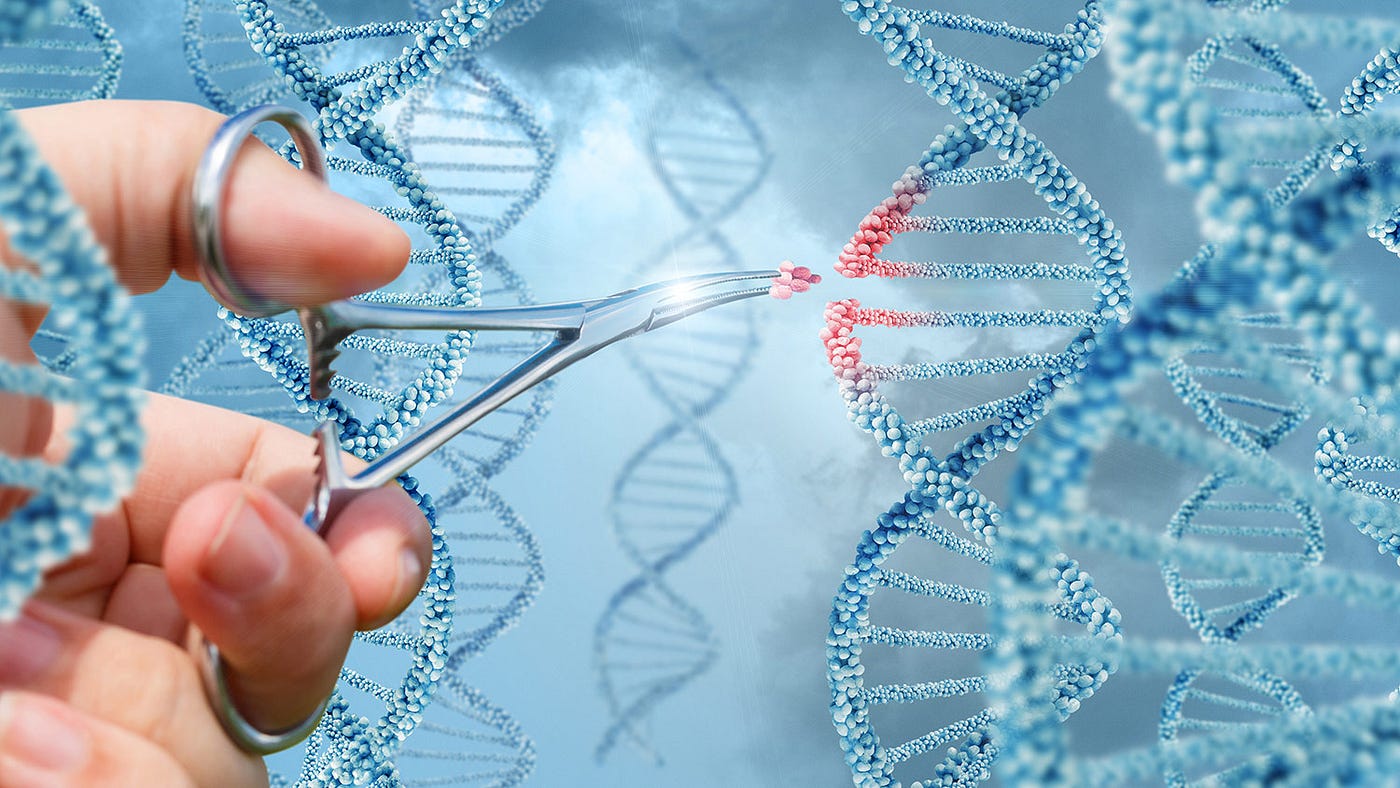Synthetic biology is revolutionizing biotechnology by engineering cells to perform precise therapeutic tasks inside the human body. From programmable bacteria to gene circuits that regulate drug delivery, this groundbreaking field is redefining the limits of medical innovation—and it’s poised to transform the pharmaceutical industry.
Synthetic Biology: Programming Life Itself
Synthetic biology (synbio) lies at the intersection of biology, engineering, and computer science. It enables scientists to design and build new biological systems—or redesign existing ones—to solve complex problems in health, agriculture, and the environment.
In the realm of medicine, synbio is unlocking tools once considered science fiction: microscopic cellular factories that live in the body and produce drugs on demand, engineered immune cells that act as precision missiles, and smart therapeutics that adapt to disease in real time.
The Rise of Biofactories
A biofactory is a living organism—often a microbe, cell, or even a synthetic construct—engineered to manufacture substances such as proteins, enzymes, or small molecules.
In healthcare, this means bacteria programmed to detect cancer and release treatment compounds directly at the tumor site, or cells that manufacture insulin inside the body without the need for daily injections.
One prominent success story is Synlogic, a biotech firm developing synthetic probiotic bacteria that can treat rare metabolic disorders by breaking down toxic compounds in the gut.
Smart Therapeutics: Cells That Think
The most exciting frontier involves integrating genetic circuits into living cells. Much like electronic circuits, these gene networks allow cells to process information and make decisions—only instead of silicon, they run on DNA.
For example, CAR-T cells, already approved for some cancers, can be made even smarter with synbio enhancements. Researchers are now programming them to activate only in the presence of multiple cancer markers, reducing harmful side effects and improving targeting precision.
Other applications include:
Immune cells that adapt in real time to evolving viruses
Gut microbes that release anti-inflammatory agents based on biomarkers
Synthetic skin cells that secrete antibiotics when detecting infections
Transforming the Pharmaceutical Model
Traditional pharmaceuticals are developed in factories, packaged, and delivered. Synthetic biology upends this model: the body becomes the factory.
This shift offers several advantages:
Personalized Medicine: Cells can be tailored to an individual’s genetics.
Lower Costs: In-body production may reduce the need for complex supply chains.
Fewer Side Effects: Smart therapeutics minimize systemic exposure.
Major pharmaceutical companies like Roche, Pfizer, and Ginkgo Bioworks are investing heavily in synbio platforms, signaling a structural transformation in how drugs are conceived, manufactured, and delivered.
Challenges to Overcome
Despite its promise, synthetic biology faces substantial hurdles:
Safety: Engineered organisms must not disrupt the body’s ecosystem or mutate in harmful ways.
Regulation: Governments are still adapting to the complexities of living medicines.
Ethics: Modifying life at its core raises philosophical and social questions.
To address these, researchers are developing kill-switches that deactivate engineered cells after their job is done, and transparent development frameworks are being proposed for public accountability.
A Future Within Reach
By 2030, synthetic biology is expected to power a $100+ billion sector of the pharmaceutical industry. The advent of programmable biofactories inside the body could eliminate the need for daily drug regimens, reduce chronic disease burden, and provide entirely new avenues to treat previously untreatable illnesses.
From rare genetic disorders to pandemic resilience, synbio-based therapeutics represent a foundational leap in medicine’s capabilities.
Conclusion
Synthetic biology is more than the next big thing—it’s a new paradigm. As the lines blur between biology and technology, our ability to design life to heal life opens a new chapter in science and business alike. The age of biofactories is here—and our bodies are about to become the next frontier of innovation.
Source: Nature Biotechnology (2025), MIT Center for Synthetic Biology, SynBioBeta Industry Trends Report, Cell Press: Synthetic Circuits and Cellular Engineering.

